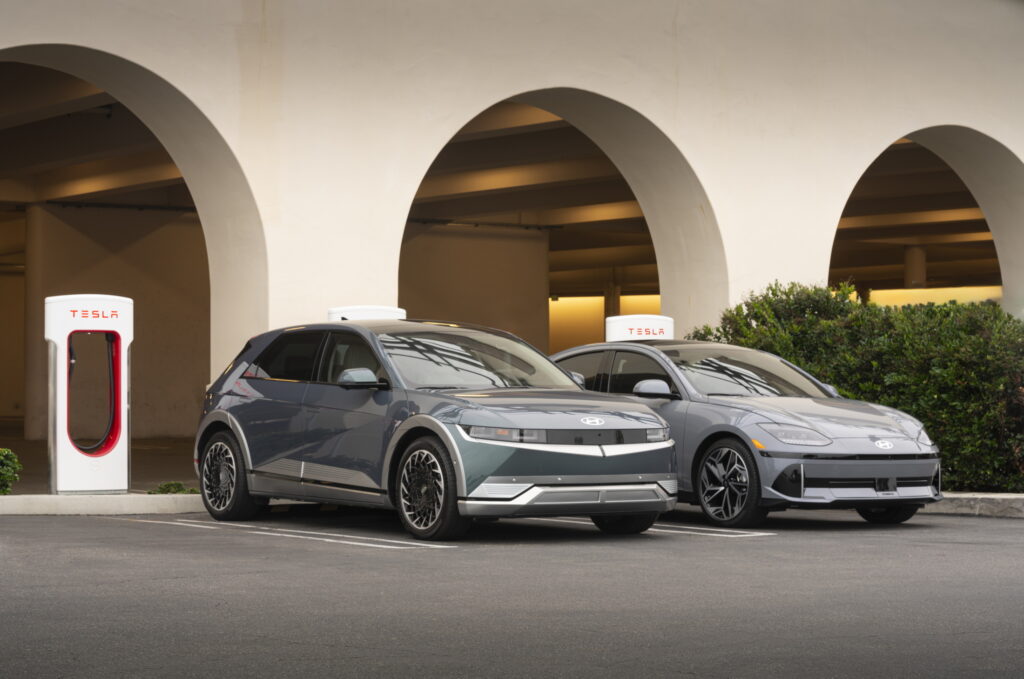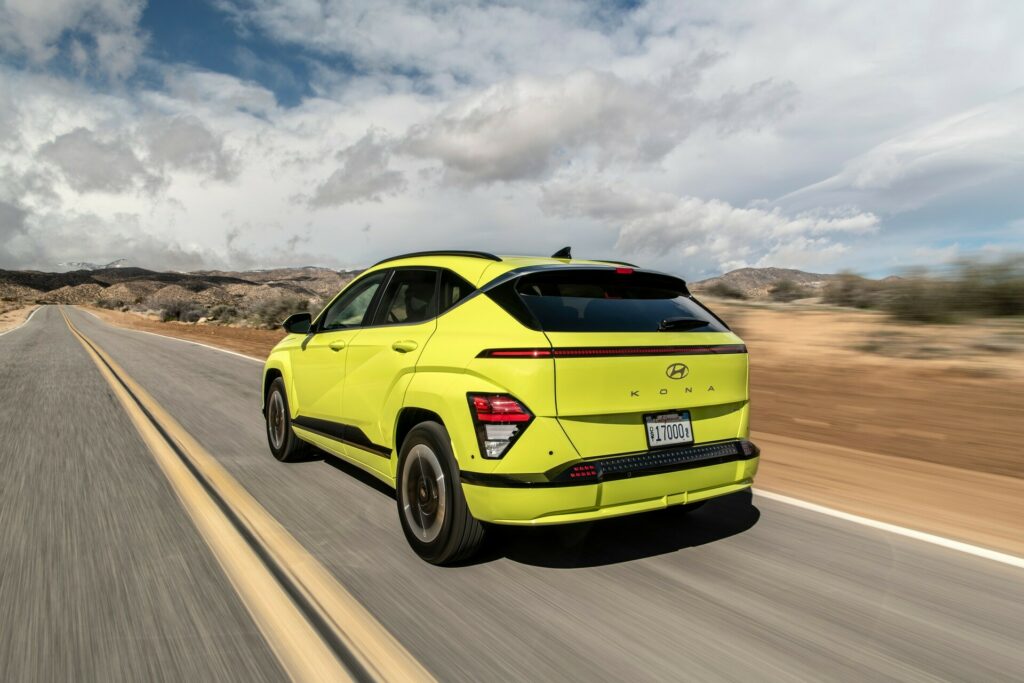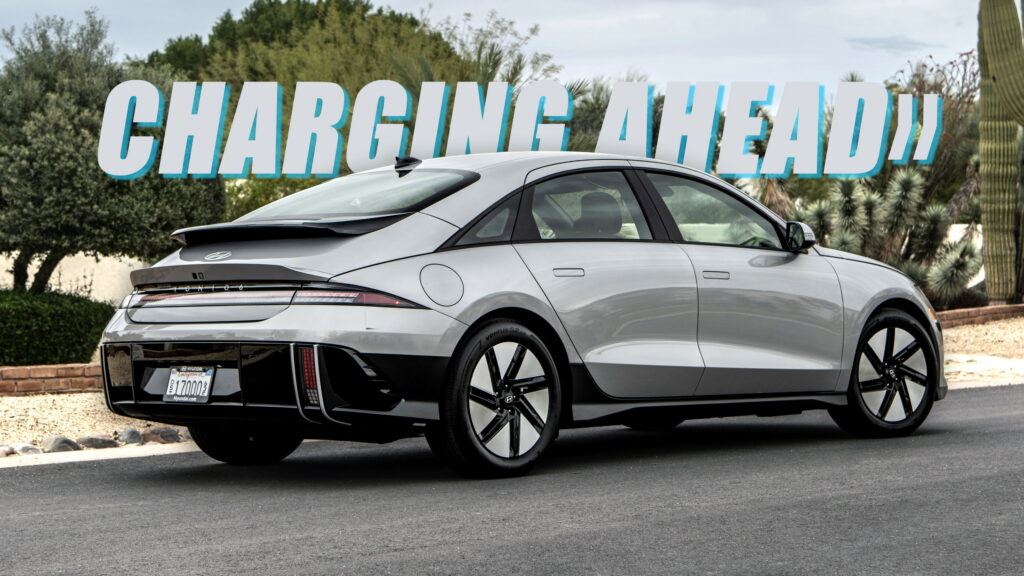Hyundai has no concerns about the slight slow down in demand for electric vehicles and is forging ahead with its ambitious electrification goals.
According to senior vice president of product planning and mobility strategy for Hyundai Motor North America, Olabisi Boyle, the Korean brand isn’t worried about sales fluctuations and understands the significance of the journey to electrification.
Boyle said that, “the best companies are going to understand that they need to navigate the near term but stay focused… on what is an unequivocal electrification future. We’re exceptionally positioned to be leaders.”

Hyundai currently has 10 electrified vehicles on sale in the United States, consisting of three BEVs, four hybrids, two plug-in hybrids, and one fuel cell vehicle. Its two most innovative BEVs, the Ioniq 5 and Ioniq 6, start at a touch under $43,000 and are currently offered with a $7,500 sales incentive, despite neither of them qualifying for the $7,500 federal EV tax credit.
“We can see the difference between near-term angst and the long- term electrified future,” Boyle told Auto News. “We have a strategy that needs to be holistic.”
Read: EV Sales Surge To A Record 1.2 Million In The US, But Can They Keep Climbing?
Hyundai is doing all it can to encourage the sales of its EVs. For example, it offers a month-to-month leasing program known as Evolve+ that allows customers from 14 states to drive a Hyundai vehicle up to 1,000 miles before they commit to buying one. It also covers the cost of home chargers and provides a $600 installation credit with the purchase or lease of one of its EVs.
It is also working hard to meet the charging needs of customers. Not only can its EVs charge from 10 to 80% in less than 20 minutes via a 305 kW charger but starting in the fourth quarter of this year, vehicles sold in the U.S. will switch to the North American Charging Standard port and gain access to Tesla’s massive Supercharger network. Additionally, the company has formed a joint venture with Kia, BMW, GM, Honda, Mercedes-Benz, and Stellantis to create a network of 30,000 fast chargers across the U.S.




